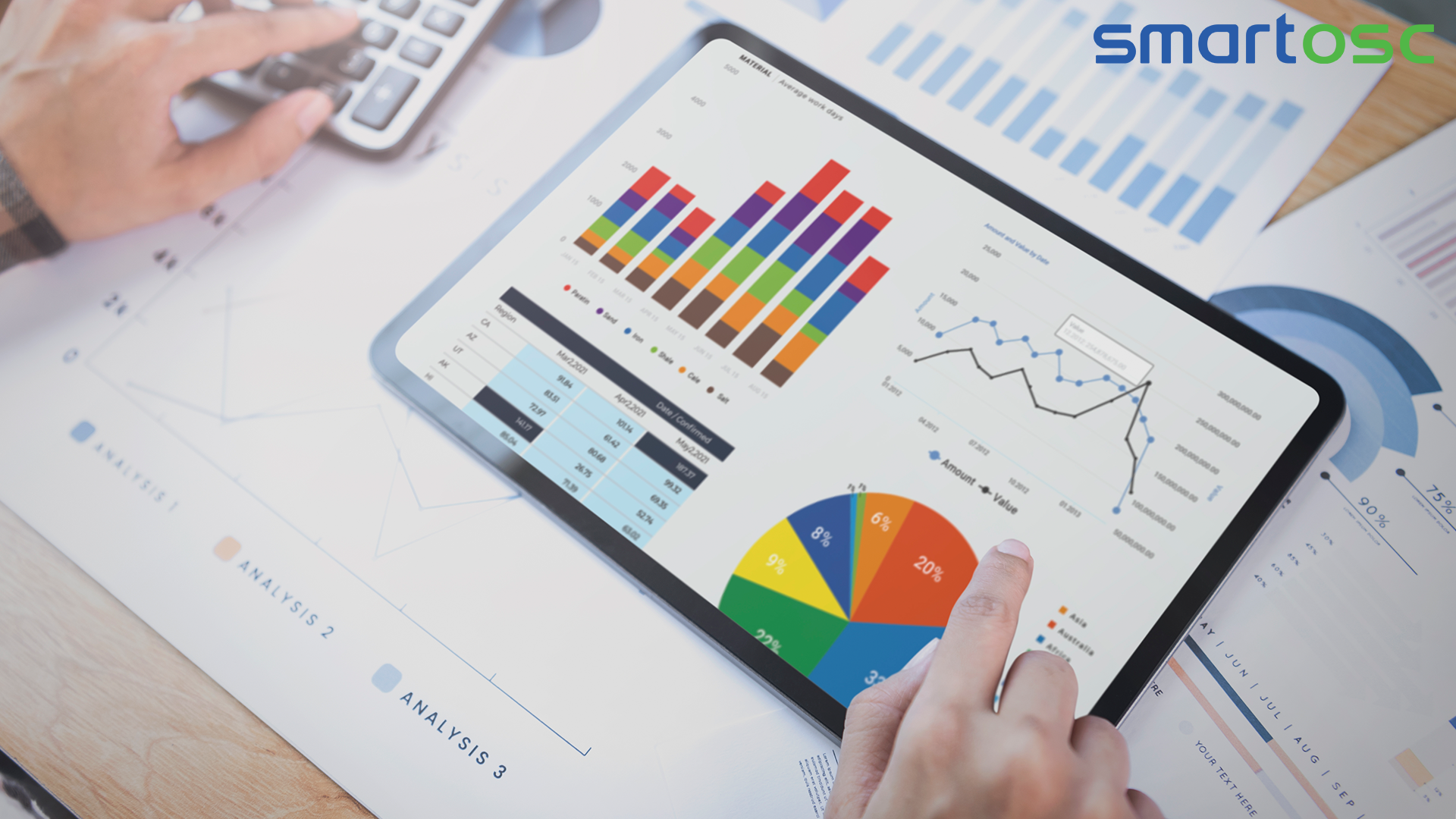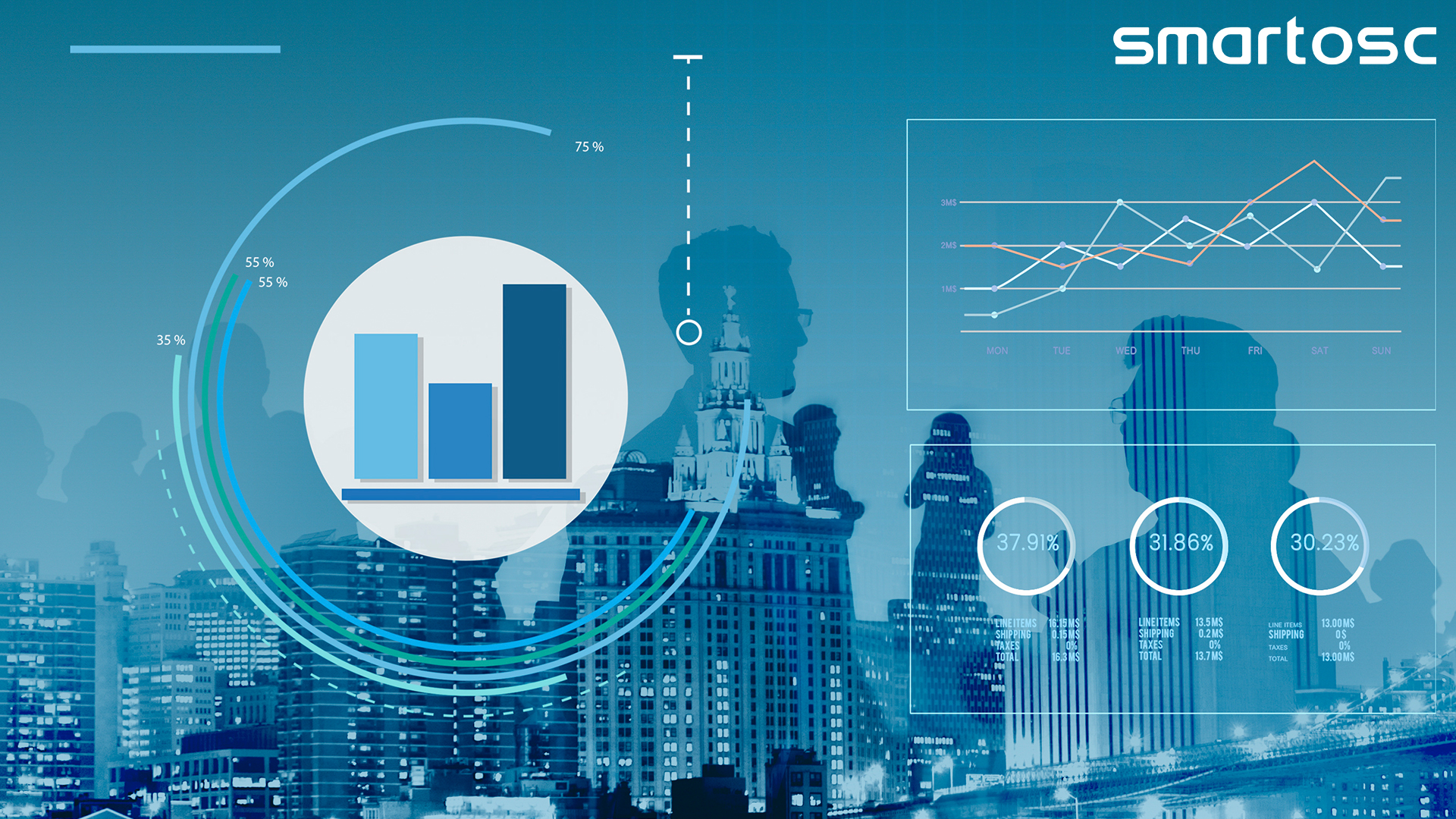Let’s take a look at the definition, role, and requirements of a Data Analyst in the article below!
In the era of the 4.0 industrial revolution, data plays an increasingly important role, even determining the survival of a business. Therefore, data management and analysis is becoming an essential trend and brings competitive advantages to the company. In the job title system of a business, the position that takes on this work is Data Analyst. So what is Data Analyst? What are the requirements of a Data Analyst? Let’s find out in this article.
What is a Data Analyst?
A Data Analyst (or DA) is a person who uses data analysis skills and tools to turn raw data files into valuable information. A DA will be responsible for collecting, processing, and analyzing data from various sources, such as business data, customer data, market data, etc., to identify trends, patterns, and relationships. From there, they make conclusions, predictions, and recommendations to help businesses, organizations improve performance, make sound decisions, and create a competitive advantage.
The role in a business
Data Analyst is becoming increasingly important in the digital age, as data is becoming a valuable resource. Data can help businesses understand their customers, markets, and competitors better, which can help senior management make sound and more effective business decisions.
Some examples of the roles of Data Analyst in a business:
- Optimize marketing strategy: DA uses input data such as customer information, costs, etc., to analyze the effectiveness of marketing campaigns, thereby helping businesses optimize marketing strategies to achieve business goals.
- Drive revenue growth: DA uses data to analyze customer buying behavior, thereby helping businesses develop appropriate product and pricing strategies to drive revenue growth.
- Improve customer experience: DA uses data to analyze customer feedback through survey forms, thereby helping businesses improve customer experience to enhance customer satisfaction and loyalty.
- Build a reporting system for businesses: DA uses input data such as revenue growth, human resources fluctuations, etc., to build a reporting system for businesses, thereby helping senior management have the right directions and strategies.
With such important roles, Data Analyst is gradually becoming one of the hottest jobs in the digital age today. That’s also why the salary of the field of data science in general and Data Analyst in particular is becoming increasingly competitive in the market.

The main tasks of a Data Analyst
- Data collection: DA will use tools and techniques to collect data from a variety of sources, including but not limited to: business data, customer data, market data, social data, etc.
- Data processing: After collecting the data, DA will proceed to process the data to remove unnecessary data, while ensuring the accuracy and consistency of the data.
- Data analysis: DA will use data analysis techniques to identify trends, correlations, and useful information in the data.
- Data visualization: DA will use data visualization tools to present the results of data analysis in a visual and easy-to-understand way in a variety of forms such as reports, charts, etc. The data visualization tools currently available can be mentioned as Microsoft Power BI, Google Data Studio, Tableau, etc.
- Consulting the results of the analysis: DA will discuss, consult the results of data analysis with leaders and other departments in the business to support them in making decisions and strategies.
Requirements for a Data Analyst
To become a Data Analyst, you need to meet the following requirements:
- Technical knowledge: DA needs to have technical knowledge in data science, including:
- Mathematics: Statistics, probability, calculus
- Computer science: Programming, big data processing
- Industry knowledge: Depending on the industry in which the DA works, you need to have industry-specific knowledge. For example, a DA working in the banking industry needs to have knowledge of finance, banking, etc.
- Data analysis skills: DA needs to have data analysis skills to identify trends, correlations, and useful information in the data. The necessary data analysis skills include:
- Statistical skills: Descriptive statistics, regression analysis, market data analysis, etc.
- Programming skills: Python, R, SQL, etc.
- Data visualization skills: Tableau, Power BI, etc.
- Communication skills: DA needs to have communication skills to present the results of data analysis in a clear and understandable way. The necessary communication skills include:
- Oral communication skills
- Written communication skills
- Presentation skills
- Logical thinking skills: DA needs to have logical thinking skills to make accurate conclusions from data.
- Problem-solving skills: DA needs to have problem-solving skills to find solutions to data-related problems.
- Teamwork skills: DA often works with other team members
In addition, Data Analysts should also equip themselves with other soft skills such as:
- Pressure tolerance: DA often have to work with large amounts of data and meet time constraints, so you need to have good pressure tolerance.
- Learning ability: Data science is a rapidly evolving field, so DA need to have the ability to learn to keep up with new knowledge and skills.
Therefore, to become a Data Analyst, you can participate in data science training courses or self-study through online materials. In addition, you can also start accumulating experience with the Data Analyst Fresher positions that SmartOSC is recruiting.

The career path of a Data Analyst
- Data Analyst Fresher: This is a position for those who are just starting to learn and work in the data science field. Data Analyst Fresher will perform tasks such as collecting data, cleaning data, preparing data, etc.
- Junior Data Analyst: This is the next level, for those who have about 1-2 years of experience as a DA. Junior Data Analyst will perform tasks such as data analysis, building data models, etc.
- Senior Data Analyst: This is a higher level, for those who have about 3-5 years of experience as a DA. Senior Data Analyst will perform tasks such as managing data projects, training and guiding Junior Data Analyst, etc.
- Data Scientist: This is a very high level, for those with in-depth knowledge and skills in data science. Data Scientist will perform tasks such as developing new data algorithms and models, researching and developing new data technologies, advising strategic leaders, etc.
- Chief Data Officer (CDO): This is the highest level and has the most comprehensive management over data governance of the enterprise. CDO is responsible for ensuring that data is used to drive business growth and innovation. To become a CDO, you must have a solid foundation of knowledge in data science as well as experience in management and leadership.
I hope that through this article, you have gained more detailed insights into the Data Analyst position, from which you can make accurate career decisions for yourself if you want to be involved in the data science industry.






